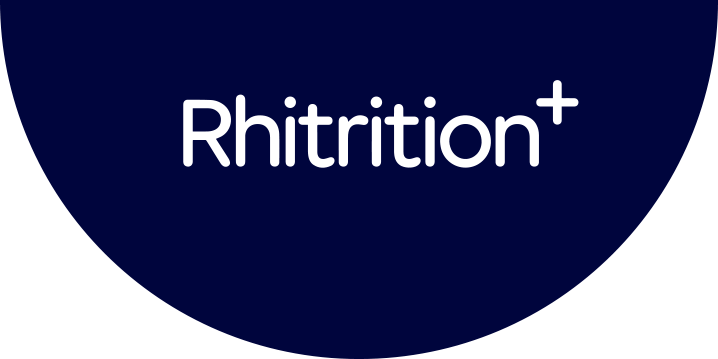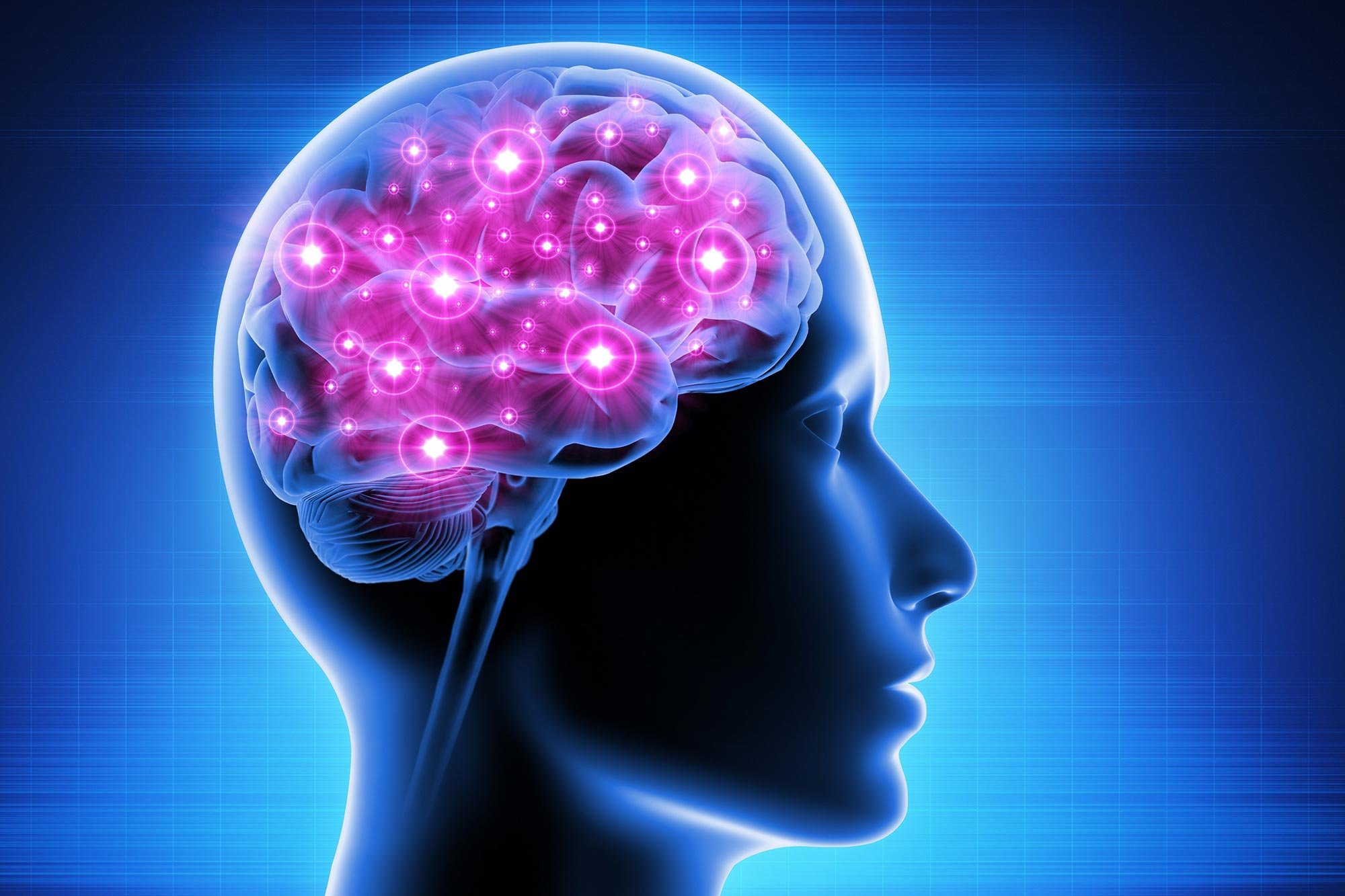Iron: Needs, Sources, Benefits & Deficiency
Article by Rhiannon Lambert, BSc MSc RNutr
Iron is an essential part of our diet and very important for human health. As well as being naturally present in foods, iron is often added to foods to increase consumption as well as being available as a dietary supplement.
Iron deficiency is the most common nutritional deficiency in the world, and the only one that is prevalent in developed countries. Over 30 percent of the world’s population has anaemia. Lack of iron lowers the ability of the blood to carry oxygen.
Why do I need iron?
To make haemoglobin, the protein found in red blood cells which allows oxygen transport
To maintain a healthy immune system
Improved brain function
Iron may help increase energy levels if you’re experiencing premenstrual syndrome
Sources of iron
Shellfish
Liver (to be avoided if pregnant)
Red meat
Beans (such as: kidney beans, edamame beans, chickpeas)
Nuts
Pulses and legumes
Tofu
Broccoli
Fortified breakfast cereals
Dried fruit
Leafy greens
There are two different types of iron: that from animal sources known as ‘haem iron’ and that from plant sources known as ‘non-haem iron’. Haem iron can increase the absorption of non-haem iron so, one way to increase absorption is to eat an animal source, such as a steak, alongside leafy greens.
If you are vegan or plant-based try to ensure that you eat a variety of foods, such as dark green leafy vegetables, beans and lentils, seeds, whole grains, nuts and dried fruit. Foods such as breakfast cereals are often fortified with iron so always check the labels. If you’re vegan and looking to learn more, our article on what you need to know about a vegan diet shares everything you need to know.
Vitamin C also aids absorption of iron, so orange, red, and yellow peppers and leafy green vegetables and tomatoes, helps to absorb more iron, especially useful if you are vegan.
While plant foods are healthy, some can have less beneficial elements – another reason to eat a wide variety. Various beans, wholegrain cereals, nuts, and seeds (including almonds, sesame seeds, and lentils) contain compounds called phytates, which inhibit zinc and iron absorption. Soaking before eating, or adding berries to your cereal, can help.
Who is at risk of iron deficiency?
Women are at a greater risk of iron deficiency due to loss of blood during their period
Women who have heavy periods are at an even greater risk
Vegans or vegetarians
How much iron do I need?
The recommended daily intake of iron depends on age and sex:
Men over 18 need 8.7mg per day
Women aged 19-50 need 14.8mg per day
Women over 50 need 8.7mg per day
Pregnant women need 27mg
Children: 1-3 years 6.9mg, 4-6 years 6.1mg and 7-10 years 8.7mg
Iron in pregnancy
Your needs almost double from 14.8mg to 27mg daily in pregnancy, to produce more blood to support your baby’s growth. Up to 50 per cent of pregnant women are iron deficient, which may cause irreversible neural issues in the foetus; those with gestational diabetes are more at risk. Iron in the third trimester is especially important. Therefore you may need to supplement if you are anaemic but constipation is a side-effect so your healthcare provider can advise. Iron absorption can be inhibited by other nutrients in supplements so it can be best to take iron at a different time of the day.
An inadequate iron intake increases the risk of a low birth weight and may mean your baby is deficient in iron. You also need to replenish iron lost in childbirth. If you’re breastfeeding, your iron stores supply your newborn with iron for their development and thyroid function. The good news is that you can obtain sufficient iron by consuming a varied and balanced diet.
Too much iron
You need to be aware of the side effects of taking large quantities of iron, which is over 20mg. Symptoms of this will include
Constipation
Feeling sick
Being sick
Stomach pain
Please be aware that iron in very high doses can be fatal, particularly for children, so always keep iron supplements out of the reach of children.
Signs of deficiency
Iron deficiency is the most common nutritional deficiency in the world, and the only one that is prevalent in developed countries. Over 30 percent of the world’s population has anaemia.
Men are less likely to struggle to meet the recommended iron requirements from plant-based sources due to relatively lower iron requirements. However, in more vulnerable groups, such as toddlers, girls and women of childbearing age, low iron intake remains a concern.
Lack of iron lowers the ability of the blood to carry oxygen, symptoms of deficiency include:
Fatigue
Tiredness
Lack of energy
Iron or Vitamin B12 deficiency can lead to anaemia, symptoms of which include:
Brittle nails
Thinning hair
Heart palpitations
Mouth ulcers or sores
Itchy skin
If you believe you have a nutritional deficiency, speak to your doctor. Blood tests can help to diagnose deficiencies, and supplements can then be prescribed to help correct them. Iron deficiency anaemia can result from more severe iron deficiency.





